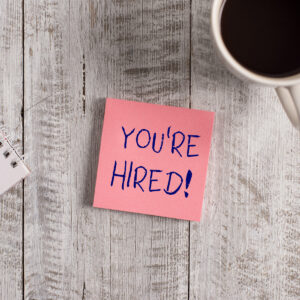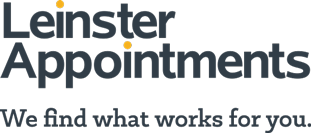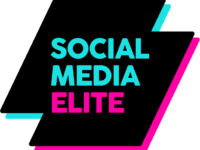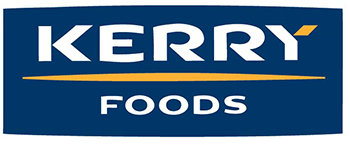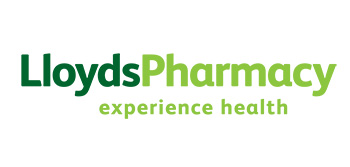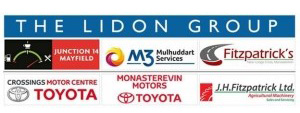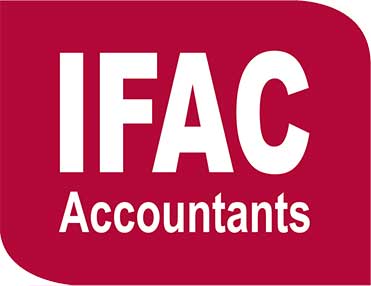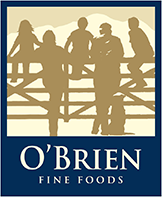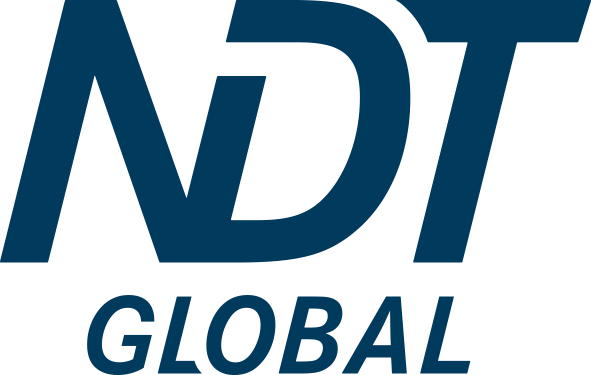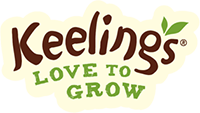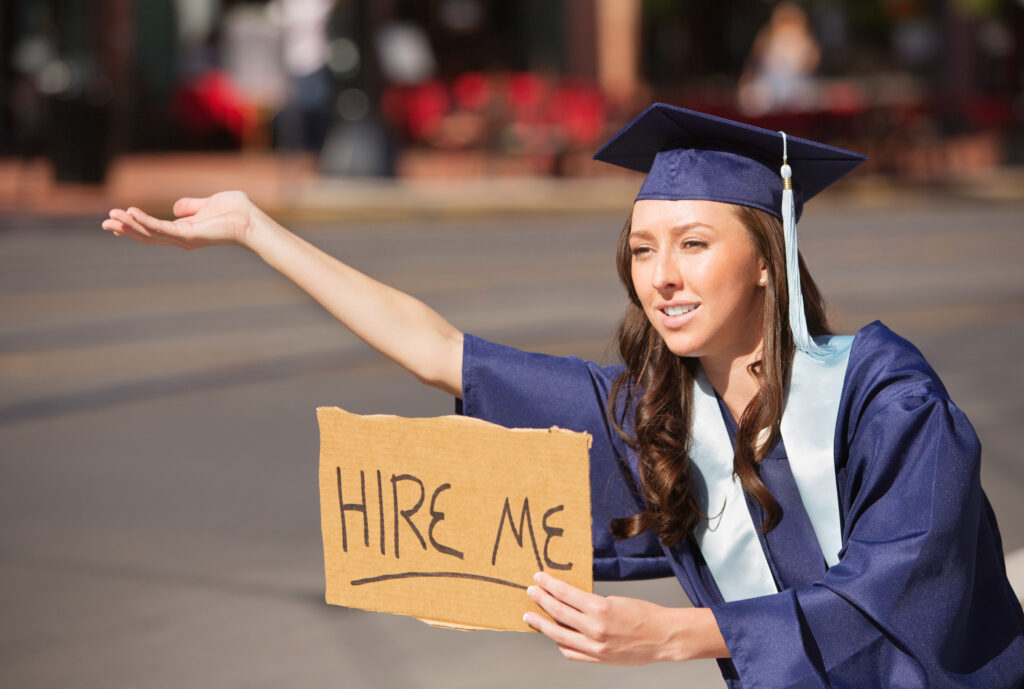
For many people, the first interview after college is your first professional interview and the first step in your professional career. The purpose of a job interview is to find out if you have skills, experience and attitude that the organisation is looking for. It is important to be as prepared as possible to ensure you stand out from the crowd. The main thing to remember is a job interview is not a test, you cannot fail and there are no right or wrong answers. The two main things are to present yourself as well as possible and develop your interview skills with practice.

The first step is to minimise your nerves by sorting out the practicalities of the interview. Have your interview outfit ready and organise your travel arrangement in advice. Aim to arrive early just to ensure you allow for any unexpected delays. When deciding what to wear dress smart and convey a professional image. Most importantly try and get a good night’s sleep the night before.
When preparing for the actual interview itself try to prepare some answers to the typical interview questions that come up time and time again. The most common question that may start the interview is “Tell me about yourself. This is a great opportunity for you to start the interview with impact and make a strong first impression. Touch on all areas such as your work experience, educational experience and try to tie them together to finish to highlight why you are right for this position. Ensure you research the company and check for any recent updates or news stories that are relevant to the company.
Many graduate interviews are now competency based. Competency based interviews look at your ability and relevant skills to do the job. The main thing to remember when preparing your answers for a competency-based interview is to have specific examples which highlight that you have the experience required. The most common competencies asked in graduate interviews are communication skills, team working skills, listening skills, organisational skills, time management, problem solving, decision making and dealing with conflict. The interviewer is looking to know “Do you have the experience using this skill?” “Do you have an example of this and why it went well?” and “Can you implement it for this role?”. Rehearse your answers out loud, maybe get a friend or family member to play the role of the interviewer.
Finally remember that first impressions matter, make eye contact, have a firm handshake and remember to smile. Think about your body language and posture. Sit upright and look alert. Listen carefully to each question asked and speak clearly and slowly when giving your answer. An interview is a two way process, at the end you may get an opportunity to ask questions of your own. Keep your questions focused around the business, the job itself, career progression or the company culture.
Job interview checklist:
- Have you made your travel arrangements?
- Have you read through your application and the job description?
- Have you fully read up on the company?
- Have you prepared your answers as best you can?
- Do you have appropriate questions ready to ask the interviewer?
